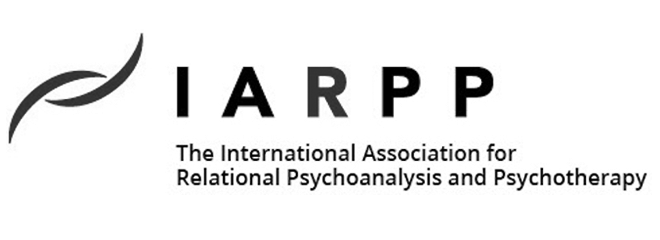FAQ’S
Q1. What is counselling? How is it different to psychotherapy?
A1. The counselling process is goal-oriented, designed to focus on specific issues within a time-limited period. It may be appropriate to address issues such as grief, addiction, or relationship issues. Psychotherapy engages with an individual’s history, in order to understand and ultimately change the underlying patterns and issues that may be impacting their present lives. Contact me to discuss further.
Q2. How do I pay for my sessions?
A2. Payment can be made in cash on the day of the session, or by EFT within 24 hours of the session time.
Q3. How many sessions would be required?
A3. This will depend on your individual needs and objectives. Counselling is generally a short-term process between 6 and 12 sessions. For individuals seeking to address deeper historical issues, psychoanalytic psychotherapy often is a longer term process. Individuals usually attend weekly sessions. Some clients attend more frequently at different points in the process.
Q4. What sort of people seek psychotherapy/counselling?
A4. Anyone who needs help or support navigating difficulties in their life. A trained professional knows how to listen to your concerns in order to assist you in resolving them.
Q5. What outcome would I expect?
A5. Psychotherapy can ultimately facilitate lasting emotional resilience and sustained personal growth.
Q6. Is psychotherapy right for me?
A6. Different types of treatments may be suitable to different people. If for any reason this might not be the right service for you, I would discuss with you a possible referral to either a GP who specialises in Mental Health, a psychiatrist or another specialist psychotherapist. Contact me to discuss further.
Q7. How long does the session last?
A7. Sessions are 50 minutes in length. All conducted in my safe comfortable consulting space.
Q8. I’m gay and struggling with my emotions, can psychotherapy help?
A8. Yes, talking with a therapist trained to assist with LGBTQI individuals in relation to questions of gender, sexuality and sexual identity. Psychotherapy offers a comfortable and confidential space in which your concerns can be understood and addressed. Contact me to discuss further.
Q9. I often find myself depressed and feeling lost and alone, how can psychotherapy help?
A9. Psychotherapy can help you to directly address those thoughts, behaviours and emotions, that may be contributing to your social isolation. A psychotherapist supports you to gain insight around your way of being in the world, and how patterns that you are repeating may be contributing to your unhappiness. Contact me to discuss further.
Q10. What are the issues that psychotherapy can assist with?
A10. Many issues benefit from psychotherapy such as: Depression, anxiety and mood disorders - Personality disorders - Family and relationship issues - Historical trauma - Panic attacks - Sexuality, sexual and gender identity - Difficulties relating to your body - Workplace issues, including bullying and harassment - Major life changes such as pregnancy, marriage, the end of a relationship - Feelings of isolation and alienation - Difficulties setting boundaries with yourself and others. Contact me to discuss further.




